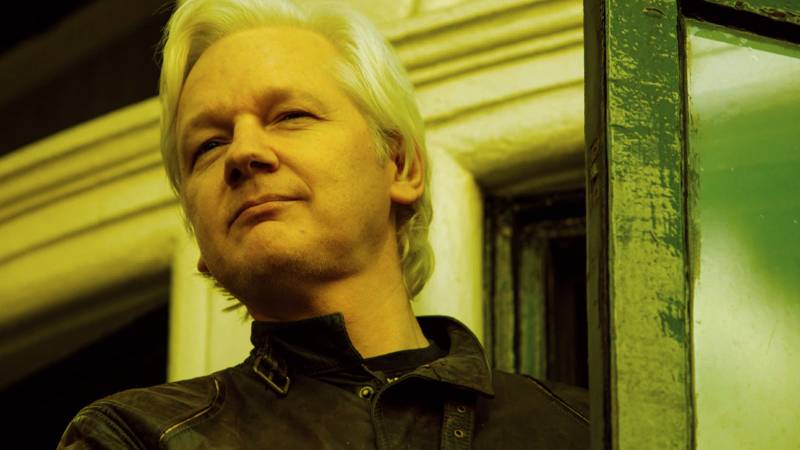
WikiLeaks founder Julian Assange has been released from jail in the United Kingdom and is returning to Australia after pleading guilty to a single charge of violating US espionage laws.
Assange, 52, will plead guilty to one count of conspiring to obtain and distribute sensitive US national defense materials, according to a filing in the US District Court for the Northern Mariana Islands.
He was released from the UK's high-security Belmarsh jail on Monday and transported to the airport, where he flew out of the country. Assange will appear in court on Saipan, a US Pacific island, at 9 a.m. on Wednesday (23:00 GMT on Tuesday), when he will be sentenced to 62 months for time already spent.
"Julian Assange is free," Wikileaks said in a statement issued on X.
"He exited Belmarsh Maximum Security Prison on the morning of June 24th, after spending 1901 days inside. The High Court in London granted him bail, and he was freed at Stanstead airport in the afternoon, when he boarded a jet and flew out of the UK.
Wikileaks released a video of Assange signing a paper before boarding a private plane.
According to the WikiLeaks statement, he would return to Australia following the hearing in Saipan.
The jet carrying Assange landed in Bangkok on Tuesday to refuel before taking the WikiLeaks founder to US territory.
"Julian is free!!!!" his wife Stella said on X, thanking supporters. "Words cannot express our immense gratitude to YOU—yes, YOU, who have all mobilized for years and years to make this come true."
Assange rose to popularity in 2006 when he founded Wikileaks, an online whistleblower platform that allowed anyone to anonymously submit secret data such as papers and videos.
Wikileaks revealed information on numerous countries, but it was the United States, under former President Donald Trump's administration, that chose to prosecute Julian on 17 counts of violating the Espionage Act in 2019.
US attorneys said he colluded with Chelsea Manning, a former army intelligence analyst who served seven years in jail for leaking information to WikiLeaks. She was released when US President Barack Obama reduced her sentence in 2017.
The allegations prompted debate, with Assange's supporters saying that, as WikiLeaks' publisher and editor-in-chief, he should not have faced penalties often used against government personnel who steal or leak material.
Meanwhile, proponents of press freedom contended that prosecuting Assange for a crime would jeopardize free speech.
"WikiLeaks published groundbreaking stories of government corruption and human rights abuses, holding the powerful accountable for their actions," the organization said in a statement announcing the plea agreement.
Monday's plea agreement comes as pressure mounts on US President Joe Biden to abandon the long-running prosecution against Assange.
In February, the Australian government issued an official request to this effect, and Biden indicated he would examine it, increasing optimism among Assange supporters that his agony could be ended. At the time, the Australian government stated that Assange's case had "dragged on for too long."
Australian Prime Minister Anthony Albanese stated on Tuesday that he wanted Assange to return to Australia as soon as possible.

